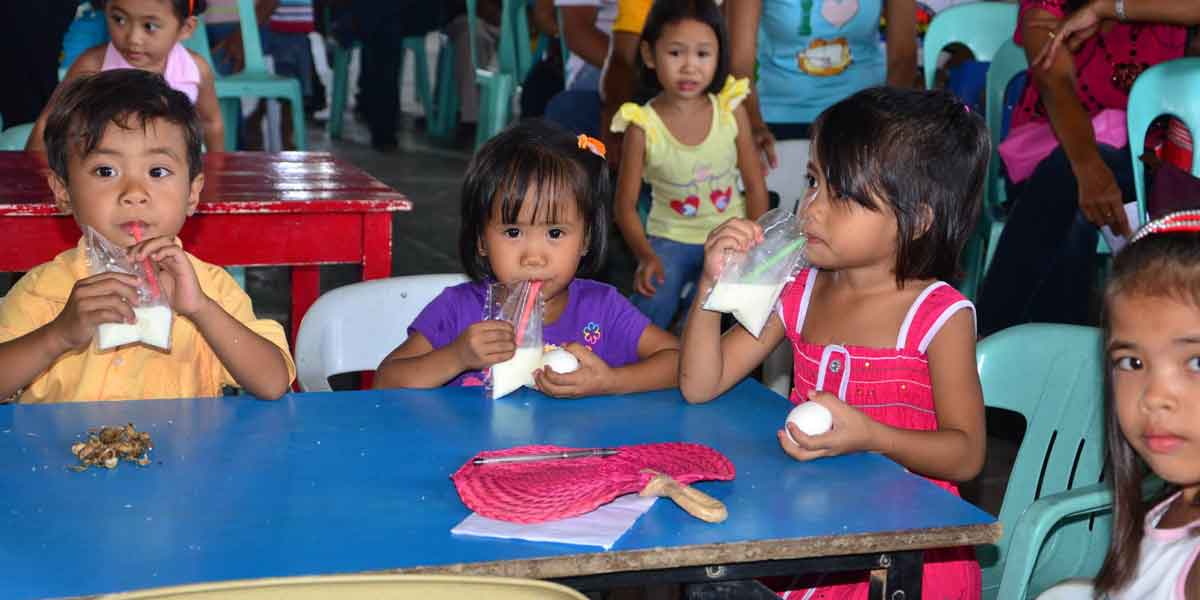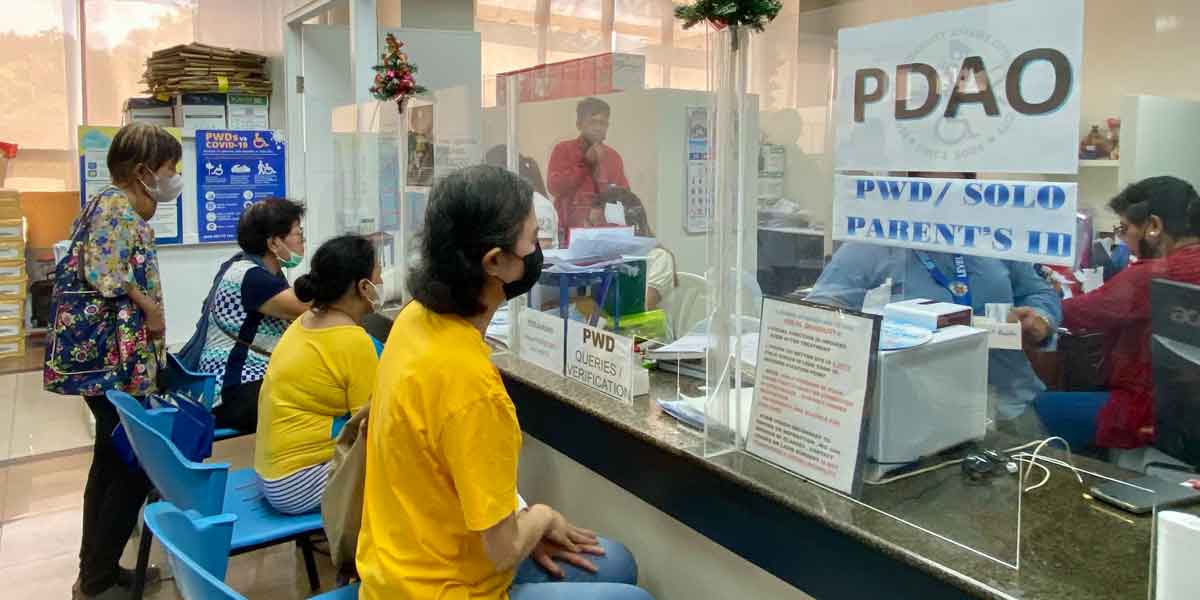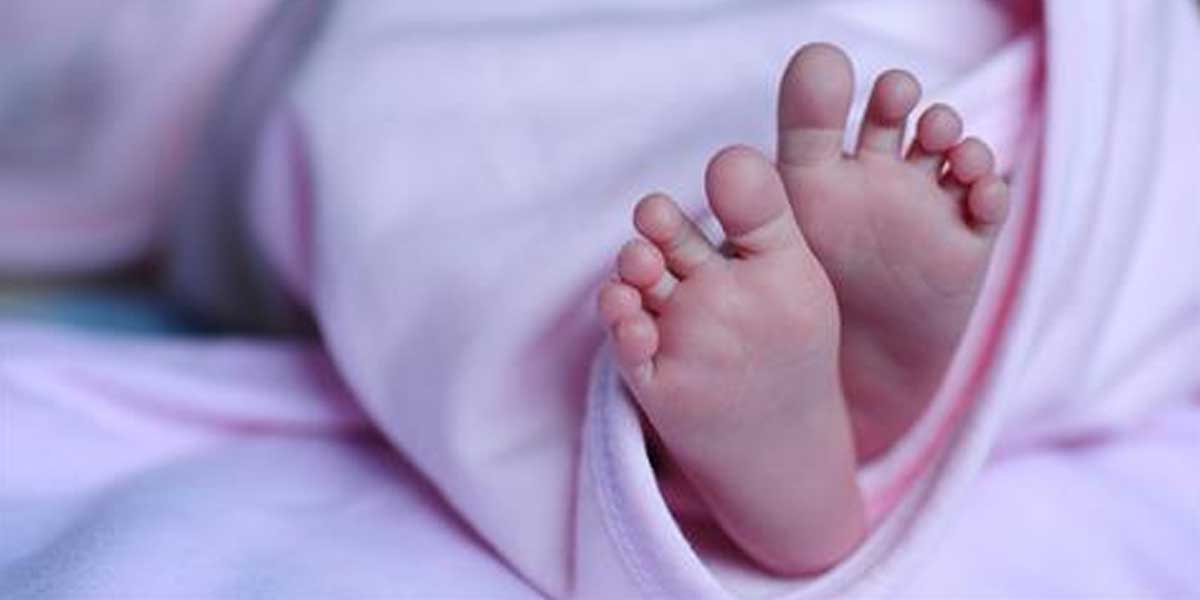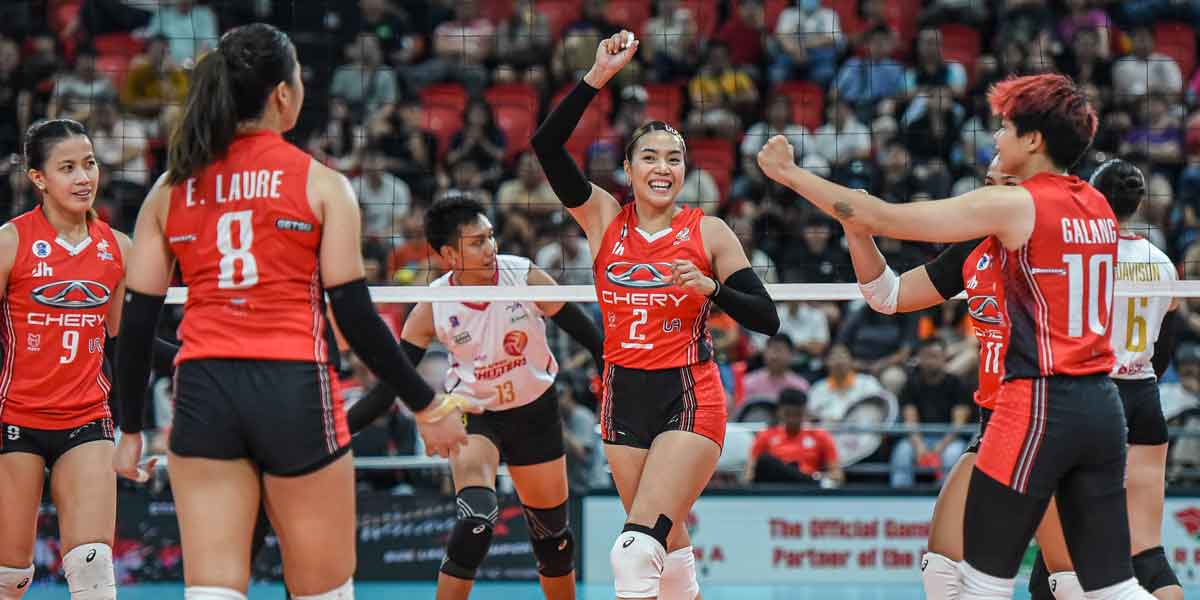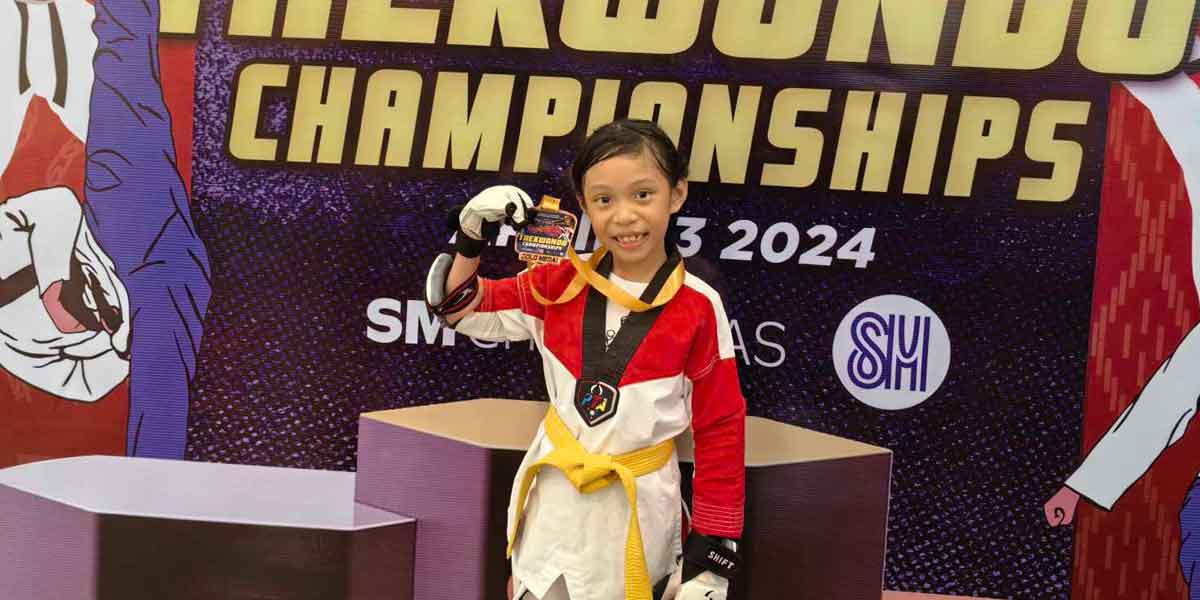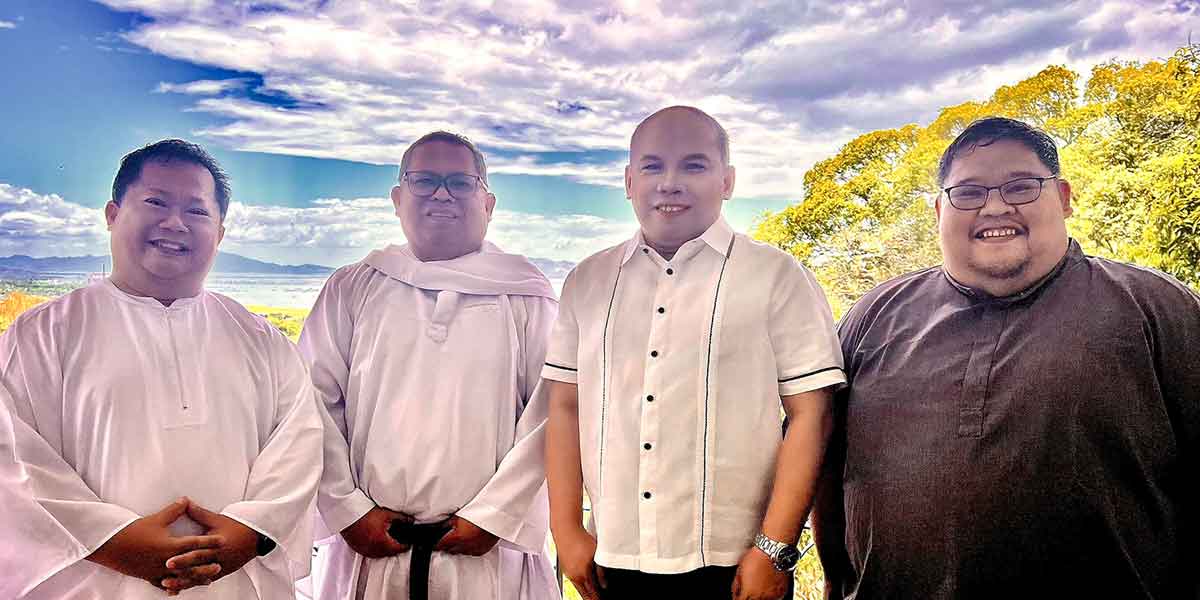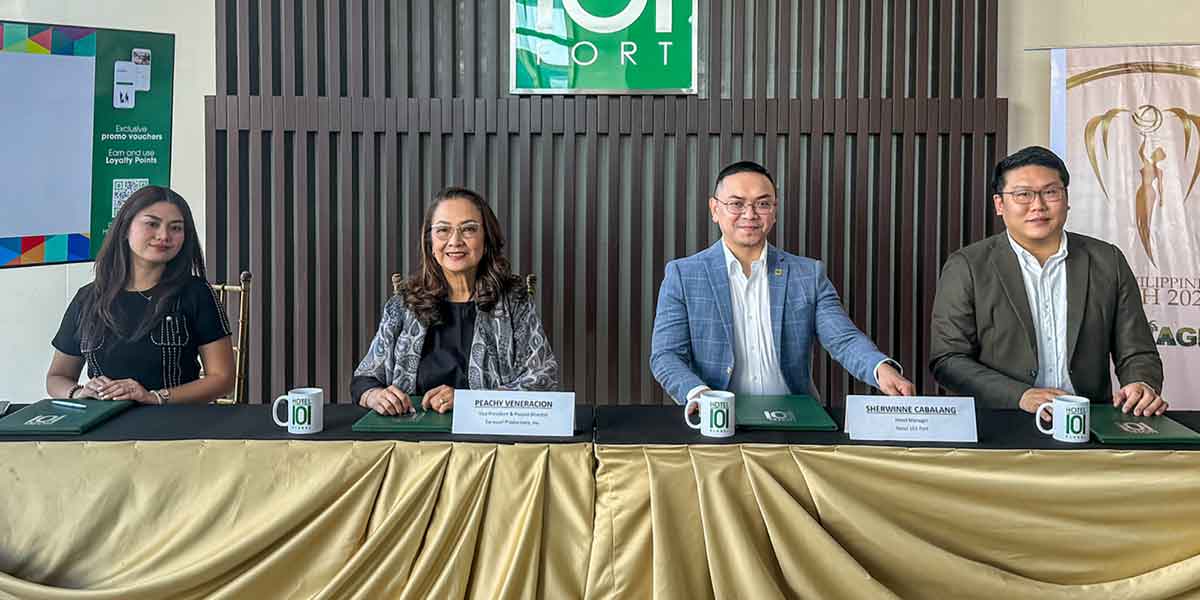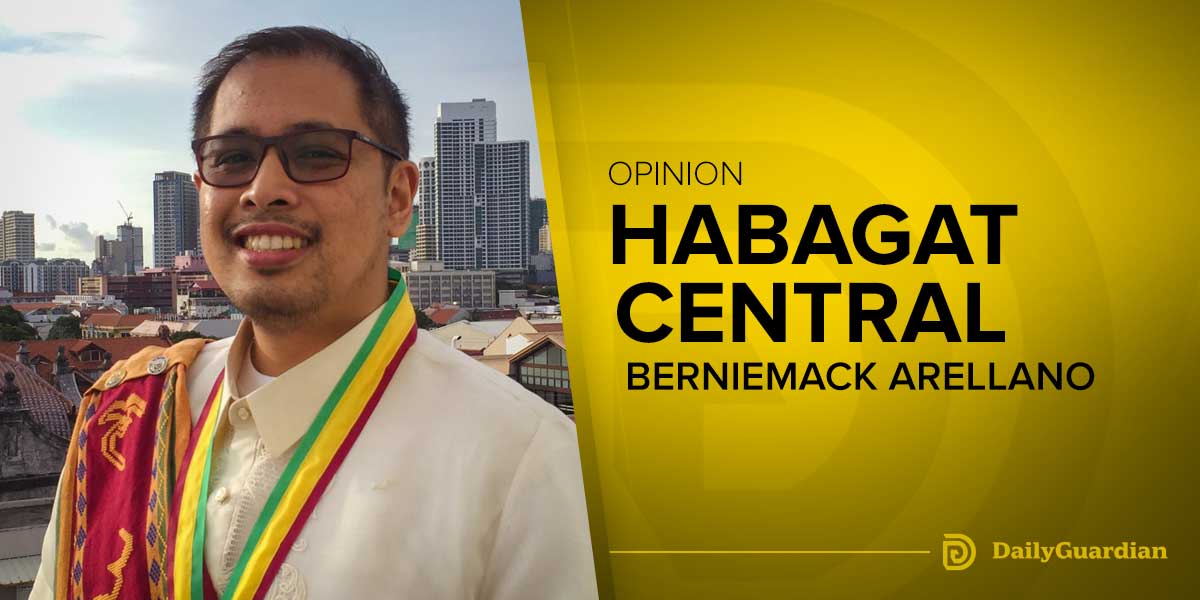By Lucio B. Pitlo III
On June 26, four days before the new Philippine president, Ferdinand Marcos Jr, was inaugurated, thousands gathered at the Quirino Grandstand in Rizal Park in the capital Manila to pay tribute to his outgoing predecessor, the mercurial leader Rodrigo Duterte.
Among those in attendance at the thanksgiving concert was Marcos Jr’s elder sister, Senator Maria Imelda Josefa Remedios “Imee” Marcos. Senator-elect Robin Padilla, a popular action star turned neophyte lawmaker who led the senatorial race, was also present.
Duterte will go down in history as one of the Philippines’ most popular presidents, enjoying high trust and approval ratings well until his last months in office. Not only was it a rarity for his post, but enigmatic given his unstatesmanlike demeanor and controversial policies.
In the May 9 polls, many local and national candidates sought his endorsement. His immense appeal helped the election bid of his daughter, Sara Duterte-Carpio, Marcos’ running mate and now the country’s new vice-president.
Among Duterte’s legacy, three things stand out: his relentless drug war, his “Build, Build, Build” infrastructure program, and his “independent foreign policy.” His domestic priorities interplayed with foreign policy, engendering improved ties with China while weakening relations with the United States and the West.
SENTIMENTAL, BUT PRACTICAL
Eager to reward Duterte for pursuing friendly ties, Beijing became a crucial partner in funding and building drug rehabilitation centers, river bridges, irrigation works, railways, and a dam. State-owned China Telecom partnered with a local company, getting a 40% stake in a joint venture to launch the third player in the Philippines’ telecom market.
The synergy between the Philippines “Build, Build, Build” and China’s Belt and Road Initiative became manifest, and Duterte attended two BRI forums hosted by Beijing in 2017 and 2019.
Duterte was pragmatic in engaging traditional and new partners for infrastructure projects, working with China, Japan, and South Korea. He emphasized government-to-government deals to fast-track work and put a premium on transformative projects.
The Japan-led Asian Development Bank funded the North-South Commuter Railway while Tokyo financed the Metro Manila Subway, the country’s first. China, on the other hand, bagged the Subic-Clark, South Luzon, and Mindanao railways.
Korea got to build the Samar Pacific Coastal Road and underwrite initial studies for inter-island bridges in the Visayas, which will be the country’s longest when realized.
Duterte extended the Metro Manila train network to neighboring provinces – stretching Light Rail Transit (LRT) 2 to Antipolo in Rizal province and building LRT 1’s extension to Cavite province.
The China-backed Kaliwa Dam will enhance Metro Manila’s water security, and the Mindanao railway will be the first on the country’s second-largest island, home to its largest agricultural plantations.
Meanwhile, human-rights criticisms of his drug war, which he viewed as unwanted interference in domestic affairs, became a thorn in Manila’s relations with the US and European partners. US pressure to boycott Huawei also fell flat as Chinese telecom equipment is heavily embedded in the country’s digital infrastructure.
Like other countries in the region, the Philippines welcomed alternatives to Beijing’s connectivity pitch, hoping to have some of its projects funded by past and recent initiatives like the US-led Blue Dot Network and Build Back Better World Initiative, Europe’s Global Gateway, and the Group of Seven’s Partnership for Global Infrastructure and Investment.
DIVERSIFYING SECURITY AND FOREIGN POLICY
In foreign policy, Duterte broadened the bounds of Philippine diplomacy. He reached out to non-traditional partners while keeping long-standing ties with time-honored allies and friends.
In his early years in office, he played down the 2016 South China Sea arbitration award to soothe tensions, expand economic ties and even explore joint oil and gas development with China in disputed waters.
That said, he also invested in modernizing the country’s maritime capabilities and embarked on the biggest infrastructure upgrade in Philippine-occupied features in the Spratlys since the 1970s.
Duterte would later affirm the tribunal award in his two consecutive UN General Assembly speeches in 2020 and 2021.
The warm ties he fostered with China enabled the country to receive critical assistance from its big neighbor in the early months of the struggle against the Covid-19 pandemic. Beijing donated face masks, personal protective equipment and test kits, and sent medical experts to share valuable lessons and best practices with their Filipino counterparts. China was also the first to donate and commercially supply vaccines to the country.
Trade, investment and tourism from China grew exponentially. Chinese companies expressed interest in investing in strategic sectors, raising concerns from the security sector, which Duterte factored.
During his term, the biggest government-to-government project funded by China – the US$2.8 billion South (Luzon) Long-Haul Rail – came. Likewise, the biggest public-private partnership in the 75-year history of Philippines-US relations was also consummated: a $300 million deal by a US private equity firm to acquire a former South Korean-owned shipyard in Subic.
Duterte ratified the country’s entry to the world’s largest free-trade agreement, the Regional Economic Partnership Agreement (RCEP), wherein China is the biggest member-economy, as well as the US-led Indo-Pacific Economic Framework.
In security, Duterte diversified the country’s defense suppliers, procuring arms from France, India, Indonesia, Israel, Japan, South Korea, Poland, Turkey, the US and Russia, with the last in limbo because of possible sanctions.
In the five-month battle against militants in Marawi in Mindanao in 2017, the country received firearms and ammunition from China and Russia. Moscow also donated military trucks, and Beijing also gave heavy equipment to help in the city’s reconstruction. The US, on the other hand, provided special forces and intelligence support.
Under Duterte’s watch, the Balangiga church bells captured by US soldiers as trophies during the Philippine-American War were returned in 2018, putting closure and healing to a dark chapter in the history of both countries.
His government also called for a review of the 1951 Mutual Defense Treaty, the alliance’s bedrock, to keep up with the changing times. The Visiting Forces Agreement was restored in 2021, and Manila got stronger US commitment to its position in the West Philippine Sea. The US also eased restrictions on Philippine access to more lethal and sophisticated arms to support its junior ally’s military modernization.
However, while cozy with China, Duterte’s foreign policy was seen as skewed against the US and the West. Human-rights issues in relation to his drug war became a sticking point.
He disapproved of joint patrols with the US and other allies in the South China Sea, avoided antagonizing Beijing, and emphasized dialogue in dealing with the hotspot.
But his restraint over recurring maritime incidents contrasts sharply with his frequent tirades and snub of the West.
He toured all Association of Southeast Asian Nations capitals and made five trips to China, four to Japan, and two to Russia and South Korea, but never visited the US, Australia or Europe. It was a missed opportunity to show that he was open to engaging all. He skipped the first ASEAN-Australia Summit in Sydney in 2018 and the ASEAN-US Summit in Washington last March.
MORE CONTINUITY THAN BREAK
Duterte’s legacy will bear on his successor. Marcos said he would pursue the drug war but would focus on its health dimension. In this endeavor, he can leverage the rehabilitation centers established by Duterte, build more in other regions and involve the private and nonprofit sectors.
Lessons from the law-enforcement aspect of the campaign can improve observance of due process and human rights during drug raids, reduce case dismissals against suspects and enhance prosecution of rogue cops involved in the drug trade.
In his inaugural address, Marcos also proclaimed that he would sustain his predecessor’s infrastructure program. He said he “will complete on schedule the projects that have been started,” adding that he is “not interested in taking credit” and that he “wants to build on the success that’s already happening.”
This may allay concerns by China and other partners about the continuity of projects concluded with the former administration. Honoring such contracts sends a good market signal and will help boost investor confidence beyond infrastructure.
Finally, Marcos also stated that he will likewise pursue an independent foreign policy, a constitutional imperative. While building on the cordial relations with China fostered by Duterte, he will likely reset ties with US and Europe, avoiding unhelpful rhetoric and posturing.
However, a welcome sea change in optics alone does not necessarily translate to a substantive independent foreign policy. As great powers collide, the country’s space for maneuver shrinks, and astute diplomacy is in high demand.
Lucio Blanco Pitlo III is a research fellow at the Asia-Pacific Pathways to Progress Foundation. He writes on Asian security and connectivity issues.

